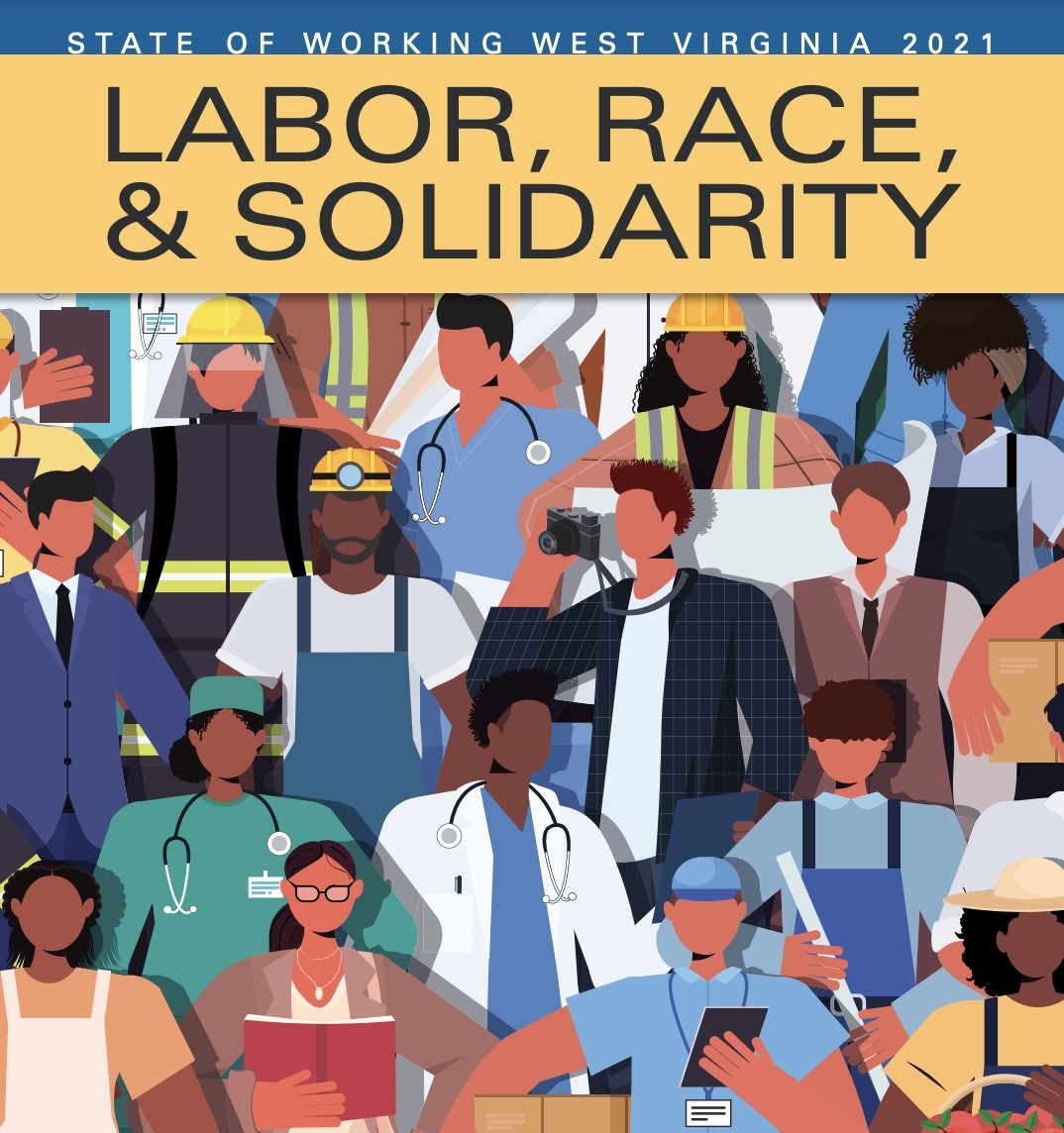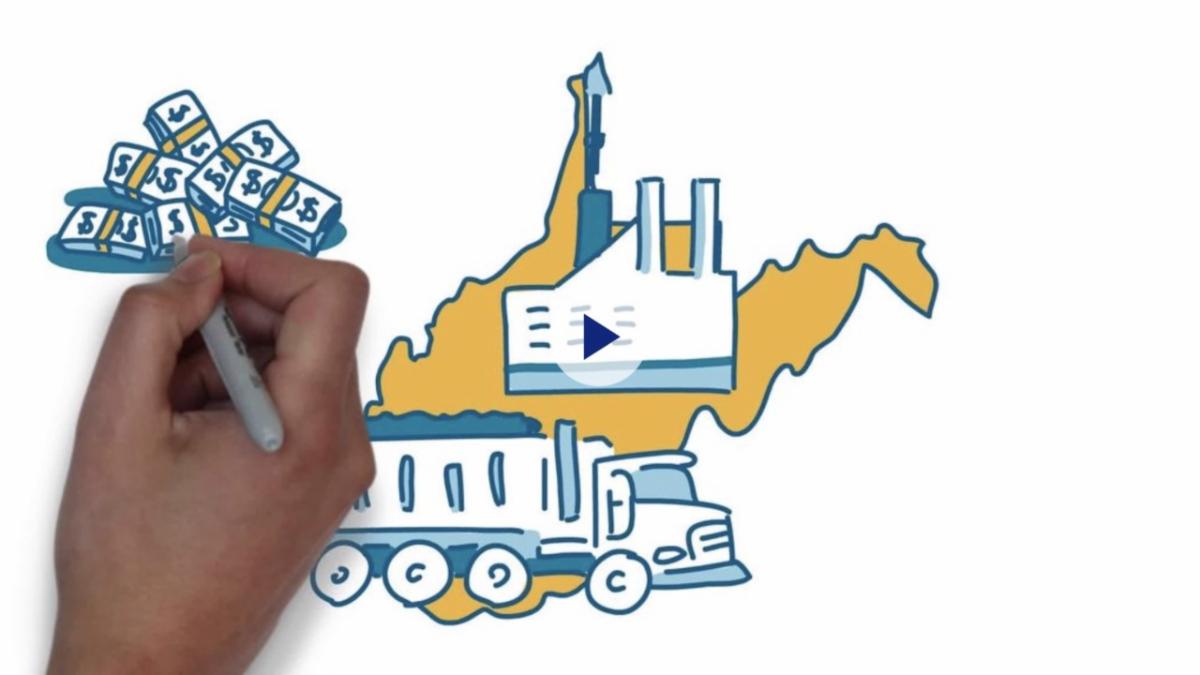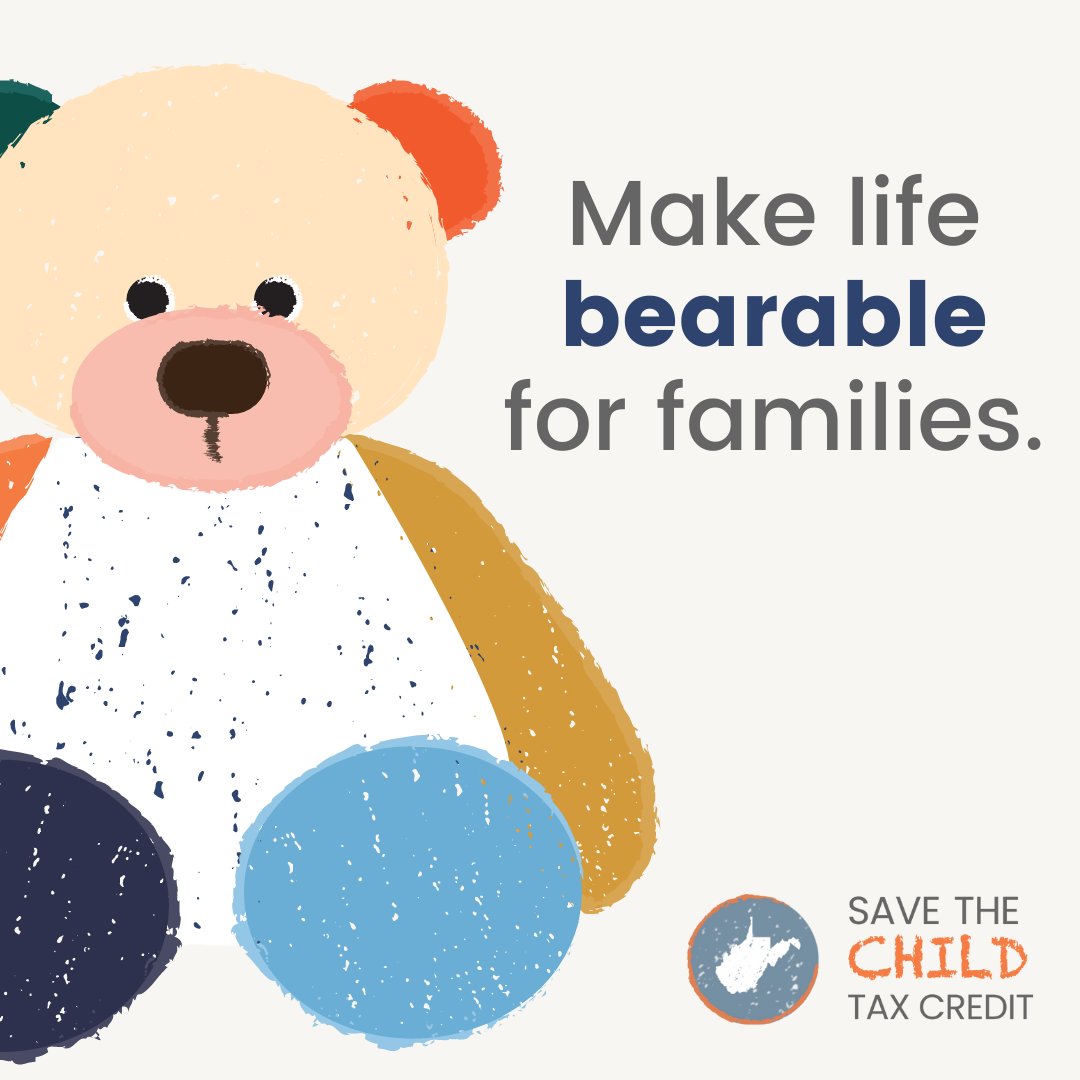Since the state legislative session began last month, much attention has been focused on the high number of job openings in West Virginia. Two bills that are rapidly moving through the Senate (SB 2 and SB 3) would drastically cut unemployment insurance benefits for displaced workers in the name of “getting people back to work,” and Governor Justice introduced the Job Jumpstart Program at his State of the State address with the same intention.
But of note, the number of West Virginians claiming unemployment benefits is at a record low. As such, these efforts ignore a major factor contributing to the high number of job openings — people who are outside of the job market altogether and face barriers to work. Lawmakers in West Virginia can make major strides addressing the challenges that keep these folks on the sidelines by utilizing Fiscal Recovery Funds available to them from the American Rescue Plan Act (ARPA).
ARPA’s Fiscal Recovery Funds present an opportunity for West Virginia lawmakers to make long-needed investments that will increase the size of our workforce and grow our economy. Instead of cutting benefits for people who are actively looking for work — which would fail to address job openings while harming our economy — we can grow the labor force through smart investments of federal relief dollars in our state’s workers, families, and small businesses.
Read Kelly’s full blog post here.
Throughout West Virginia’s history, Black West Virginians have made invaluable contributions to our state, and they will continue to do so.
In case you missed it at the time of release, our annual State of Working West Virginia report last year took an in-depth look at labor history in the Mountain State, with a particular focus on Black miner organizing.
You can read the full report here.

Senate Bill 2, introduced early during the 2022 legislative session, seeks to reduce the number of weeks workers are eligible for unemployment from the current level of 26 weeks to as little as 12 weeks, with a maximum of 20 weeks in times of high overall unemployment. This bill is an attack on working West Virginians — it would make West Virginia a major outlier, providing among the fewest weeks of unemployment benefits of any state in the nation. Only nine states currently offer less than 26 weeks and only two states offer just 12 weeks.
SB 2 is expected to be up for passage in the Senate next Tuesday, February 8. Please join us in calling your senators and urging them to oppose this harmful legislation. You can find contact information for all WV senators here.
Below, please find some sample points from our recent blog post you may choose to highlight when contacting your senators:
To learn more about how SB 2 would needlessly harm our state’s workers, read our full blog post here or this recent article featuring insight from WVCBP executive director Kelly Allen here.

The WVCBP is hiring!
We are currently accepting applications for two positions, criminal justice policy analyst and summer policy associate. Applications for both positions will be accepted through Wednesday, February 16. You can find further details here.
Criminal Justice Policy Analyst
The WVCBP is seeking a criminal justice policy analyst to assess the state’s current criminal justice landscape and the impacts of potential reforms. The criminal justice policy analyst plays a crucial role in conducting data-driven research and analysis, educating stakeholders including members of the public and elected officials, and advocating for policy reforms to advance equity, safety, and shared prosperity for all West Virginians.
You can find the full job description here.
Summer Policy Associate
The WVCBP seeks a summer policy associate for an internship to work on issues associated with our research and advocacy priorities. Our summer policy associate works closely with WVCBP staff, coalition partners, and stakeholders in an immersive experience involving research on/advocacy for evidence-based solutions, policies, and practices surrounding issues that impact low- and moderate-income West Virginians.
The WVCBP internship program’s mission is to partner our organization with highly motivated undergraduate and graduate students committed to building shared prosperity through policy change. Our internship program prepares students for potential employment in the non-profit policy world by training them to conduct rigorous data and policy analysis or outreach and advocacy while developing effective communications strategies.
You can find the full job description here.

While no bill has been introduced yet, there has been talk amongst West Virginia legislators to — yet again — cut the state’s already low severance tax. This would prove costly and harmful to our state budget.
An additional severance tax cut would largely serve out-of-state corporations and would mean West Virginia could miss out on hundreds of millions of much needed new revenue that it could otherwise use to address outstanding needs or make new — and necessary — investments.
West Virginia’s natural resources are finite, and West Virginians deserve to benefit from their extraction.
Learn more in Sean’s blog post or in our educational video.

Since July 2021, most households with children had received monthly enhanced Child Tax Credit payments of $250- 300 per child. However, the enhanced Child Tax Credit was temporary and expired at the end of 2021 unless Congress acts to extend it in 2022 through the Build Back Better Act or other legislation.
If you received monthly Child Tax Credit payments, we’d love to hear how they had been helping your family and how your family has been impacted now that the payments have (at least temporarily) stopped being distributed.
Join us in our advocacy by completing our survey here or participating in the #Unbearable Child Tax Credit campaign.
Learn more about this week’s #Unbearable campaign launch here and watch a recording of the launch event here.
Learn more about what’s at stake if the enhanced Child Tax Credit is not extended in our blog post here.
Find guidance on how to collect the remainder of your Child Tax Credit payment here.

The WVCBP’s Elevating the Medicaid Enrollment Experience (EMEE) Voices Project seeks to collect stories from West Virginians who have struggled to access Medicaid across the state. Being conducted in partnership with West Virginians for Affordable Health Care, EMEE Voices will gather insight to inform which Medicaid barriers are most pertinent to West Virginians, specifically people of color.
Do you have a Medicaid experience to share? We’d appreciate your insight. Just fill out the contact form on this webpage and we’ll reach out to you soon. We look forward to learning from you!
You can watch WVCBP’s health policy analyst Rhonda Rogombé and West Virginians for Affordable Health Care’s Mariah Plante further break down the project and its goals in this FB Live.
